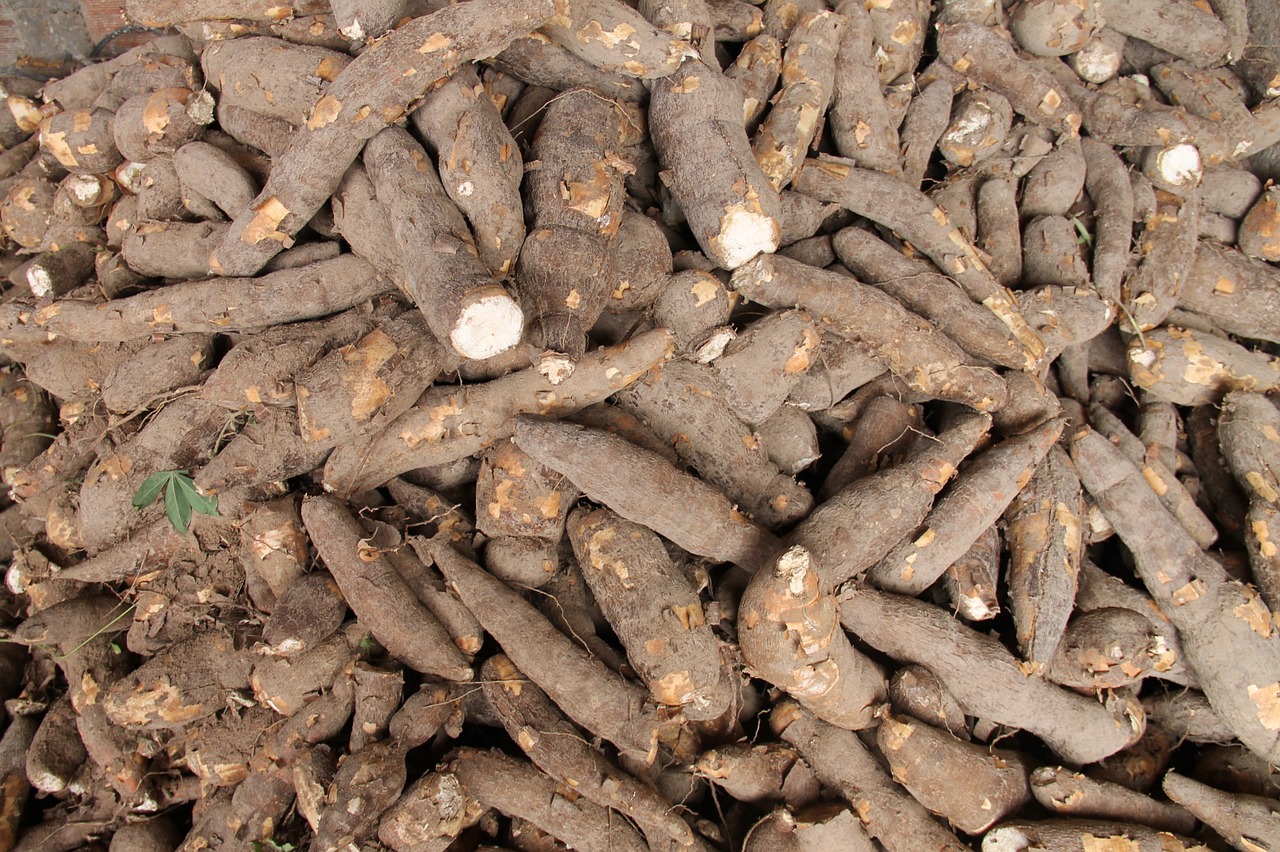IFAD and INGABO Farmers Syndicate Partner to Boost Cassava Farming in Rwanda
Rwanda Launches $2 Million Initiative to Boost Cassava Farming, Food Security, and Climate Resilience.

In a landmark partnership, the INGABO Farmers Syndicate and the United Nations International Fund for Agricultural Development (IFAD) have signed a $2 million agreement to bolster cassava farming in Rwanda. The four-year initiative, titled SCORE Rwanda (Strengthening Smallholder Farmers’ Resilience to Food and Climatic Crises for Improved Food Security and Livelihoods in Rwanda), aims to improve food security, enhance livelihoods, and build climate resilience for over 100,000 cassava-farming households across 10 districts. Women will comprise over half of the participants, while 20% will be young farmers.
"Small-scale farmers are the backbone of Rwanda's food system," said Kantarama Cesarie, President of INGABO Farmers’ Syndicate. "This project empowers them with knowledge, tools, and resources to thrive, increasing food production and strengthening livelihoods for thousands of families."
Dagmawi Habte-Selassie, Country Director for IFAD Rwanda, emphasized the initiative’s alignment with IFAD’s commitment to sustainable and inclusive food systems: "By investing in smallholder farmers, we enhance food security, build resilient rural communities, and contribute to Rwanda’s economic growth."
Cassava: A Resilient Crop for Rwanda
Agriculture accounts for 27% of Rwanda’s GDP and employs 64.5% of the population. Cassava, covering over 147,000 hectares of land, is the country’s second most cultivated crop after bananas, sustaining more than 700,000 families, particularly in drought-prone southeastern regions.
Despite its significance, cassava production faces challenges such as poor soil quality, limited value addition, and climate-related impacts, including droughts, floods, and rising temperatures. These factors have exacerbated food insecurity and malnutrition in Rwanda.
Innovative Approaches to Boost Cassava Farming
The SCORE Rwanda project incorporates innovative solutions to enhance cassava farming, including:
- Improved Seeds and Techniques: Farmers will receive clean and improved seeds and training on the Zai Pit technique to improve soil fertility and water retention in degraded soils.
- Good Agricultural Practices (GAP): Guidance on effective farming methods and post-harvest handling and storage (PHHS) will increase productivity and reduce losses.
- Climate Resilience Training: Farmers will learn climate-smart technologies, early warning systems, soil health, and water conservation methods.
- Value Chain Development: Strengthening cassava value chains will create new job opportunities, particularly for women and youth, through better access to financing and markets.
Ensuring Sustainability Through Farmer-Led Management
As a farmer-led organization, INGABO will ensure the project’s sustainability by strengthening its internal capacity in project management, knowledge sharing, and monitoring systems. The initiative also aims to empower cooperative members and foster community-driven agricultural development.
Targeted Districts and Direct Benefits
The project will directly benefit smallholder farmers in 10 districts: Kamonyi, Muhanga, Ruhango, Nyanza, Gisagara, Nyamasheke, Rusizi, Bugesera, Gatsibo, and Kayonza. Beyond increasing cassava production, the initiative will enhance food security, promote economic growth, and mitigate climate risks, transforming the livelihoods of farming households.
Global and Local Collaboration
Funded by the Global Agriculture and Food Security Program (GAFSP) Producers’ Organisation Funding Window, Agriterra, and the Eastern Africa Farmers Federation (EAFF), the project will be supervised by IFAD and implemented by INGABO.
This initiative highlights Rwanda’s commitment to strengthening its agricultural sector and underscores the importance of collaboration in addressing food security challenges and climate resilience in rural communities.
- READ MORE ON:
- IFAD
- INGABO Farmers Syndicate
- Rwanda










